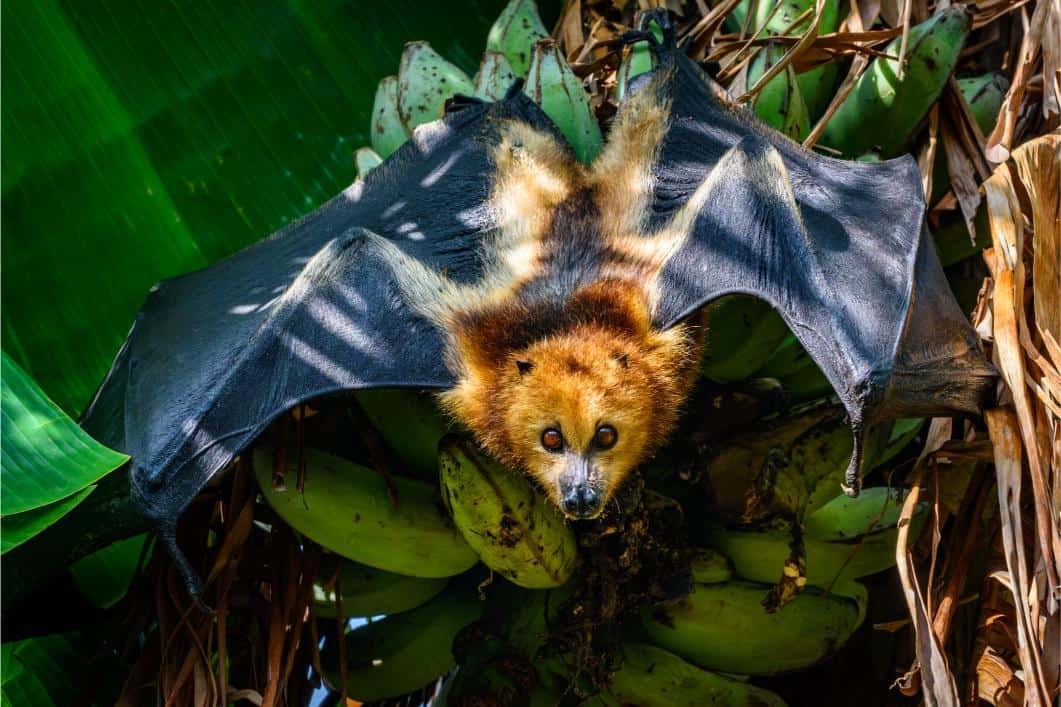Bat Season and Rabies Awareness: What Pet Owners Need to Know

As the weather cools and autumn arrives in Austin, bat activity tends to rise, especially around dusk. While bats are fascinating creatures and play a crucial role in our ecosystem, they can also pose a serious health risk to pets. Fall is prime time for wildlife exposure in pets, and one of the biggest concerns this season is rabies.
At BEEVET Animal Hospital, we want pet parents to be informed and proactive. Understanding the connection between bats and pets, and how to prevent rabies, can help keep your four-legged family members safe.
Fall Wildlife Pets Encounter in the Great Outdoors
In Austin and throughout Central Texas, fall means more bat sightings as the animals prepare for seasonal migration or settle into urban roosts. This uptick can increase the chance of curious pets crossing paths with bats, squirrels, raccoons, or other wildlife that can carry the rabies virus.
Even indoor pets are at risk. Bats can and do enter homes through open doors, chimneys, or attic vents. That’s why rabies prevention is important for every pet, whether they spend time outside or not.
What Is Rabies, and Why Is It So Dangerous?
Rabies is a viral disease that affects the nervous system of mammals, including dogs, cats, and humans. It is almost always fatal once symptoms appear. The virus is transmitted through saliva, often via bites from infected animals.
Early signs of rabies in pets can include behavioral changes, excessive drooling, or uncoordinated movement, but once these symptoms appear, there is no cure. This is why preventive rabies shots for dogs and cats are not just recommended—they’re required by Texas law, and essential for your pet’s protection.
What to Do If Your Pet Encounters a Bat
If you see your pet interacting with a bat—whether it’s a chase, a paw swipe, or even just close sniffing—take these steps immediately:
- Avoid handling the bat. Call animal control or a wildlife rescue service to remove it safely.
- Wash your pet’s face, mouth, or wounds with soap and water if contact occurs.
- Call BEEVET Animal Hospital right away for guidance and an exam.
- If there’s a bite or scratch, your pet may need a rabies booster and wound care.
Even if your pet is up to date on rabies shots for dogs or cats, a quick response is crucial to rule out exposure, and keep them protected.
Your Partner in Rabies Prevention
At BEEVET Animal Hospital, we take rabies prevention seriously, especially during bat season in Austin. If you have questions about bats and pets, suspect an encounter, or just want to double-check your pet’s vaccine schedule, we’re here for you.
Call us today at (512) 263-9292 to make sure your pet is protected, because rabies is one risk no pet should ever face.
